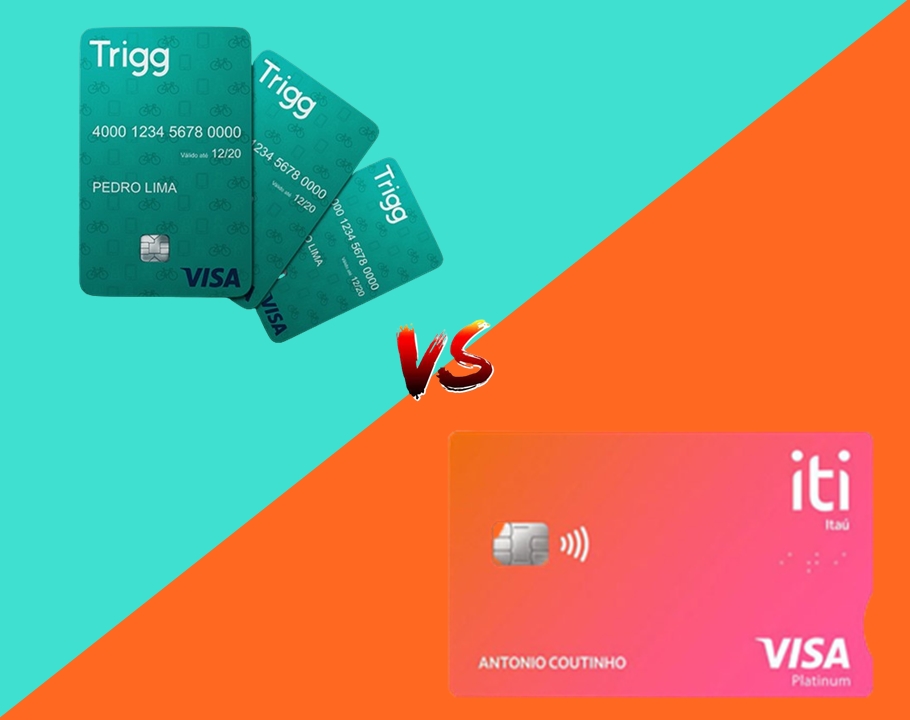Credit cards are no longer just instruments for managing personal finances or earning rewards — they’re becoming agents of change in a complex financial ecosystem. In recent years, a growing number of card issuers have integrated features aimed at generating measurable social impact in the U.S., from automated donations to support for ESG-focused organizations and sustainable development.
This article explores how these new financial tools are helping users align everyday purchases with their core values and long-term goals. We’ll cover the mechanisms behind these cards, who benefits the most, and how this shift is transforming consumer behavior and corporate responsibility throughout the U.S. economy.
From spending to giving: the rise of purpose-driven cards

Some modern credit cards now include automatic donation functions that redirect a portion of each transaction to nonprofit organizations or socially driven initiatives. This integration offers a frictionless way to contribute to causes like education, climate action, hunger relief, or racial equity — promoting visible social impact in the U.S. with every swipe or tap made by the user.
For example, certain cards let users choose a cause at the time of account setup, then allocate 1% of each purchase toward vetted charities in that chosen field. Others automatically round up transactions and donate the spare change, allowing users to passively contribute to larger, more sustainable social outcomes over time without changing their habits.
ESG-linked benefits and ethical partnerships
Another key evolution supporting social impact in the U.S. is the connection between credit cards and ESG (Environmental, Social, and Governance) metrics applied across various industries. Many cards now offer extra rewards for purchases made with eco-conscious or socially responsible companies committed to transparency and ethics in their operations.
Some issuers have created alliances with certified B Corporations or ESG-rated brands, granting higher cashback or reward points when consumers support businesses with proven, verifiable ethical practices. Others highlight carbon offset programs or tree-planting efforts directly tied to ongoing card usage and measurable user engagement.
Measuring impact through data and transparency
One of the major breakthroughs in social impact in the U.S. through credit cards is the ability to measure and visualize the effects of user decisions and purchase choices. Many cards now provide dashboards or monthly reports showing the real-world outcomes of your donations and ESG-aligned purchases in detail and with clarity.
Users can track how much they’ve contributed, which organizations received funds, and what was achieved with those contributions, including key metrics and verified results. This transparency not only builds trust but also strengthens the bond between personal finance behavior and active civic engagement among users and communities.
Empowering consumers through values-based finance
These innovations are empowering consumers to transform passive spending into intentional and socially conscious action. By linking financial tools to values, cardholders can now express their personal social beliefs through routine economic decisions — amplifying real social impact in the U.S. while staying within their everyday purchasing routines and lifestyle choices.
Rather than waiting for institutional change or policy reform, individuals gain a direct path to participate in systemic progress. Cards that prioritize ESG and philanthropy turn consumer behavior and spending into a subtle but powerful act of activism and public contribution for those seeking impact.
A new financial model for collective impact
The emergence of credit cards focused on social impact in the U.S. reflects a deeper shift in how finance interacts with purpose and social engagement. Instead of being just reactive tools for consumption, these products are proactively shaping a culture of ethical awareness and civic responsibility with every transaction and reward earned.
By merging ease of use with meaningful engagement and real-world outcomes, these cards represent a future where impact and convenience can coexist harmoniously. As more consumers embrace this values-driven model, the ripple effects are likely to influence not only personal giving, but also how corporations define value and long-term success in the modern economy.





